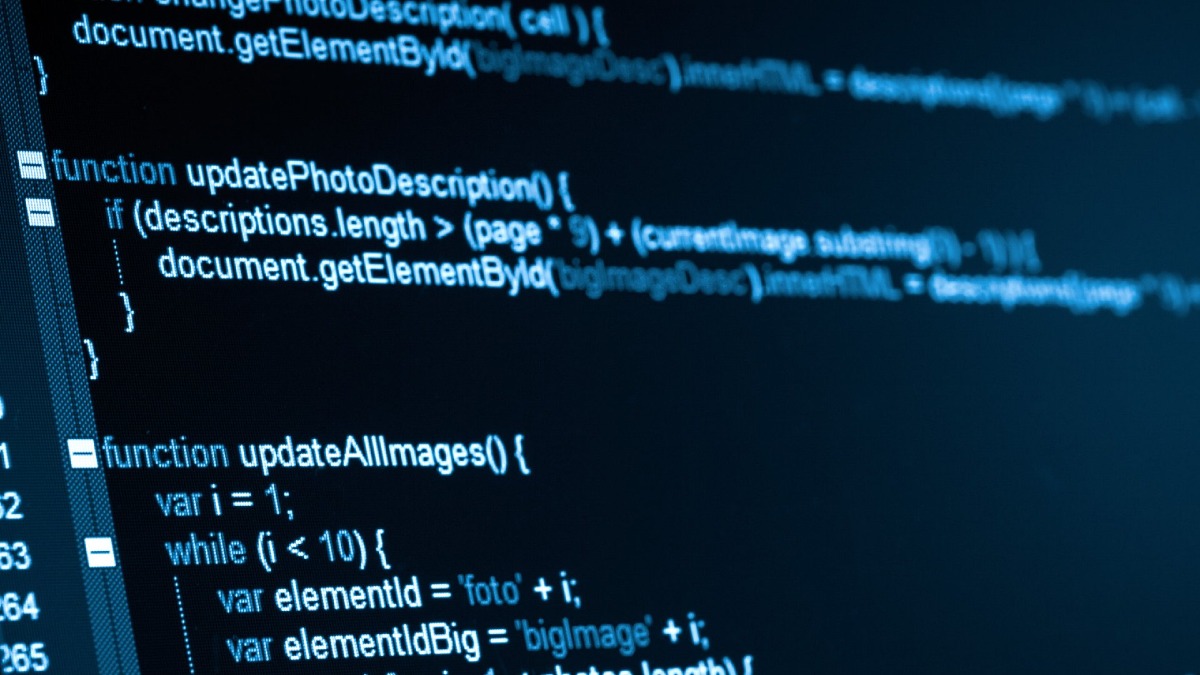The Art of Effective Code Reviews
Code reviews are one of the most valuable practices in software development. They improve code quality, share knowledge, and strengthen team collaboration when done effectively.
Benefits of Code Reviews
- Bug Detection: Catch issues before they reach production
- Knowledge Sharing: Learn from teammates and share expertise
- Code Quality: Maintain consistent standards across the codebase
- Mentorship: Guide junior developers and learn from seniors
Best Practices for Reviewers
When reviewing code, focus on these key areas:
1. Be Constructive, Not Critical
// Instead of: "This is wrong"
// Say: "Consider using array_map() here for better readability"
// Bad comment
"This function is terrible"
// Good comment
"This function could be simplified by extracting the validation logic into a separate method"2. Focus on the Important Things
- Logic errors and potential bugs
- Security vulnerabilities
- Performance implications
- Code maintainability and readability
Best Practices for Authors
As the author of a pull request:
1. Keep PRs Small and Focused
// Good PR - focused on one feature
- Add user authentication endpoint
- Implement JWT token validation
- Add authentication tests
// Bad PR - too many changes
- Add user auth + fix database migrations + update README + refactor models2. Write Clear Descriptions
Include context, testing instructions, and any relevant information:
## What this PR does
Implements user authentication using JWT tokens
## How to test
1. POST to /api/login with valid credentials
2. Use returned token in Authorization header
3. Access protected routes
## Notes
- Tokens expire after 24 hours
- Refresh token endpoint coming in next PRCode Review Checklist
Use this checklist for consistent reviews:
- ✅ Does the code solve the stated problem?
- ✅ Are there any obvious bugs or edge cases?
- ✅ Is the code readable and well-documented?
- ✅ Are tests included and comprehensive?
- ✅ Does it follow team coding standards?
- ✅ Are there any security concerns?
- ✅ Could performance be improved?
Handling Feedback
Both reviewers and authors should remember:
"Code reviews are about the code, not the person. Approach them with curiosity and a growth mindset."
Tools and Automation
Leverage tools to make reviews more effective:
- Linters: Catch style issues automatically
- CI/CD: Run tests before human review
- Code Coverage: Ensure adequate test coverage
- Security Scanners: Identify potential vulnerabilities
Remember, the goal is to ship better code while helping each other grow as developers. Great code reviews create a positive, learning-focused culture that benefits everyone.
